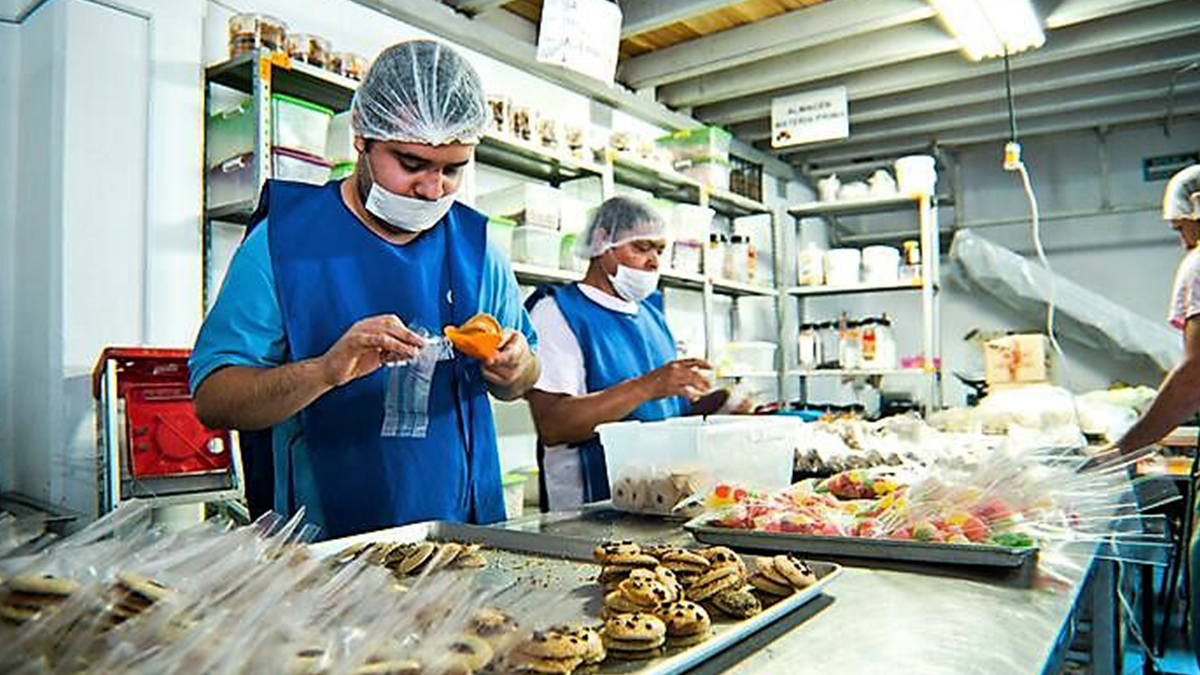The Benefits of Sheltered Workshops as Social Enterprises
The Malaysian Information Network on Disabilities (MIND) defines sheltered workshops as a way to provide challenging and meaningful jobs, assist in natural socialisation amongst peers, and provide a framework of dignity and self-respect for persons with disabilities (PWDs).
“PWDs deserve to work in an environment filled with compatible peers and to have the opportunity to pursue a successful career,” says MIND.
But, more importantly, for parents and guardians of children with disabilities, sheltered workshops can help their children reintegrate or charge into society. Their participation can improve their mental well-being while allowing them to be productive members of society.
Disabled Does Not Mean Unable
Sheltered workshops often prepare PWDs for various work, such as packaging, mailing and sorting services or assembly line production of food and crafts.
Taarana School Principal Dr Sunitha Sivakumaran said the training creates meaningful employment opportunities for the differently-abled.
“The tailored guidance enables participants to learn to adjust to regular work requirements and prepare for potential employment. They also engage in the allowance-generating work process and learn to develop social skills and relationships,” Dr Sunitha explained.
Not least of all, employees of sheltered workshops typically work a certain number of hours per week (as determined by the employer) and should receive wages corresponding to their ability.
“With such workshops offering long-term work opportunities, they open supervised assembling and sorting work for participants. The jobs often comprise simple or deconstructed processes,” she said.
Most of all, sheltered workshops develop and maintain social and economic potential and provide differently-abled participants dignity and self-respect. Moreover, the skills empower them to live independent lives.

Why Sheltered Workshops?
Besides employing the differently-abled, workshops also put money back into the community. Payroll, purchase of goods and services, and participation in community affairs are some ways workshops contribute to the community.
Workshops can provide a ready and capable workforce, production space, equipment, and product transportation. In addition, some businesses turn over their operations, from inventory receipt to customer shipping to the workshop.
There are many misconceptions about sheltered workshops. Here are a few quick facts:
- Sheltered workshops function as job training programmes, creating a stepping stone for PWDs between unemployment and getting a job in the community.
- As opposed to creating a culture of low expectations, these environments help people with disabilities reach their maximum potential.
- Another myth is that sheltered workshops for participants to do meaningless work. On the contrary, they work with genuine products you purchase and take great pride in that.
The nature of service by properly-managed sheltered workshops includes training participants in work habits and offering provisions of activities to meet their developmental and social needs.
These standards are based on the conviction that PWDs deserve to work in an environment filled with compatible peers and to have the opportunity to pursue a successful career.
Taarana School presents a holistic learning environment both inside and outside the classroom. From extracurricular activities to field trips, students engage in community life to gain independence, build confidence, and develop strong relationships with their peers.
For instance, events like Taarana’s Bazaar Day encourage our students to have fun while learning basic entrepreneurial skills. Taarana’s kids lead in selling food, produce and even their artwork to excited parents and supportive friends. Exposure to such events goes a long way in helping them prepare the way for possible future employment beyond school.

